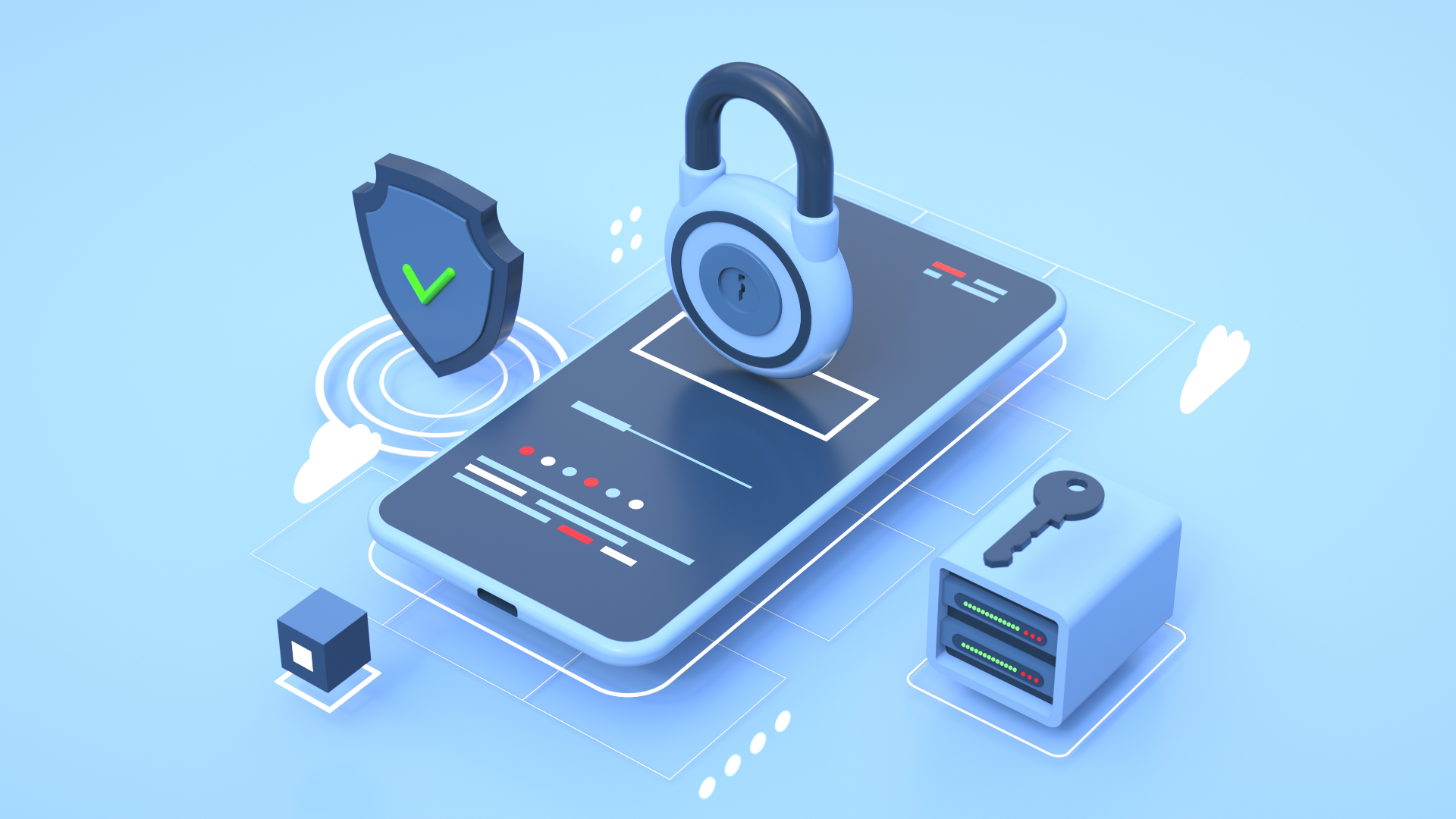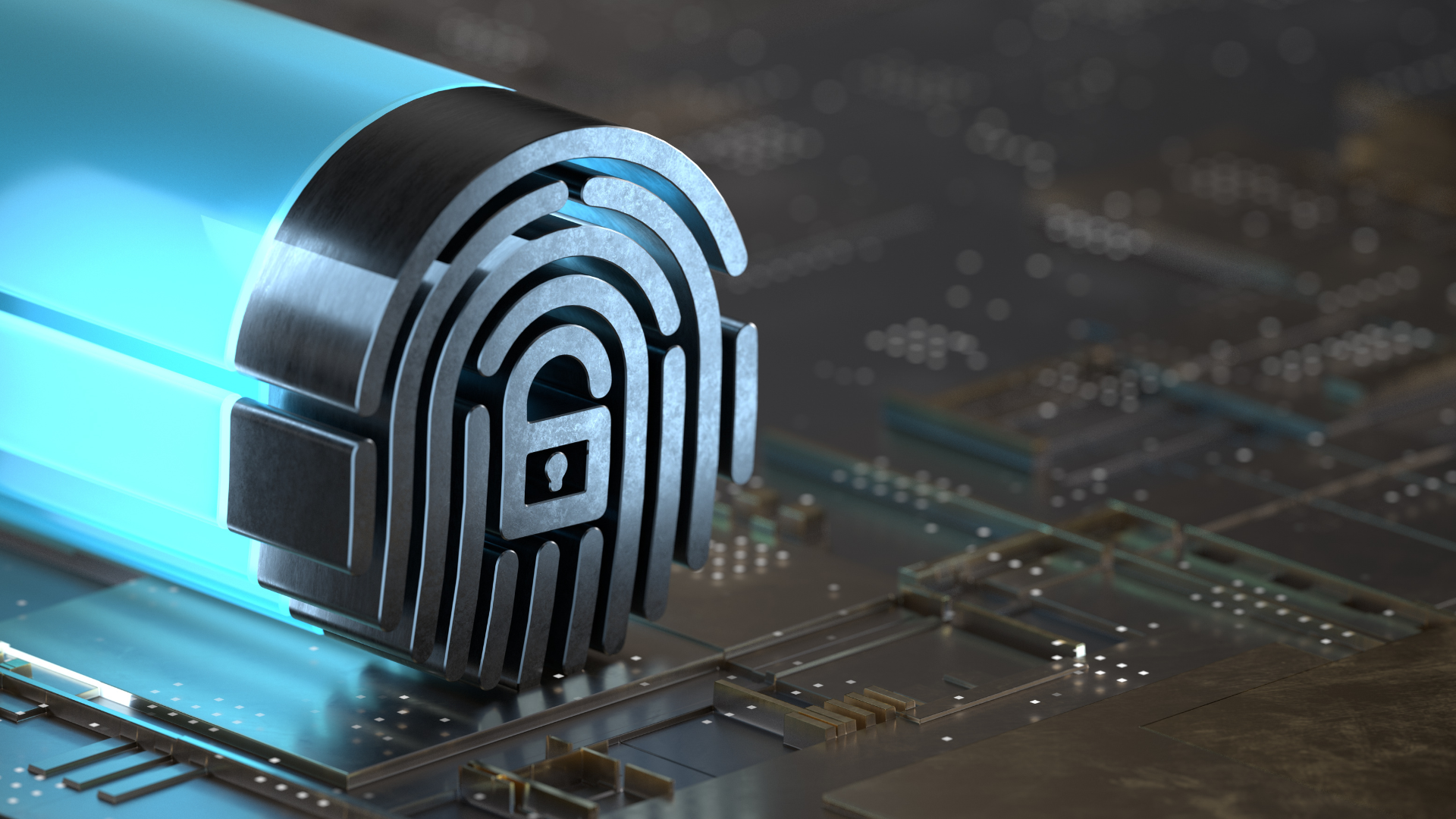How Gift Card Scams Work and How to Avoid Being a Victim
Gift card scam is a form of impostor scam— currently the most common type of fraud in the US, which preys on unsuspecting businesses and regular individuals.
According to a Federal Trade Commission fraud report, almost 2 million people in the country fell victim to fraud in 2019. Around 648,000 of them were victims of impostor scams, which reported a total of roughly 610 million dollars of losses.
The scammers’ most common method? Still the good old traditional phone call.
These scammers employ elaborate manipulation methods that dupe even the most cautious individuals. There is a significant number of cases where scammers impersonate government officials like cops or FBI agents, easily striking fear in their potential victims.
Why are gift card scams so common?
One key reason is that a gift card acts as a substitute to cash, with no permanent person linked to it. It is mostly untraceable and is much easier to liquidate.
Once a gift card is used or converted to cash by another person, it’s almost impossible to get a refund even if you report the fraud right away.
How exactly does a gift card scam work?
You might think this type of scam no longer works nowadays. However, scammers are getting more elaborate in their schemes, not necessarily by using sophisticated software but through strategies that make their scam believable.
- Scammers obtain consumer data from data brokers who collect these details without consumers’ knowledge.
- They create very convincing spiels and scripts based on actual practices of government agencies. They would even use real names and actual scenarios to make the scam even more persuasive.
- They will spoof caller IDs of actual phone numbers of government offices, in case the victim attempts to verify the situation.
- Once the victim is convinced that the call is legitimate, the scammers will persuade the victim to purchase gift cards, usually amounting to over thousands of dollars, from major stores like Walmart or Target. The scammers will then tell the victim to send the gift card numbers.
For example, a scammer pretending to be an IRS officer contacts you. He informs you that you have over $10,000 of unpaid taxes and that you’d be put in jail and have your bank accounts frozen if you don’t pay them immediately.
Lucky for you, according to the so-called IRS officer, you can place a down payment via gift card for only $1,000. With a sigh of relief, you quickly oblige, considering that this is way more preferable than getting arrested and having your bank account funds frozen for God knows how long. - Once the scammers have the gift card numbers, they will resell the gift card credits on sites that do these kinds of transactions.
How do you avoid being a victim of a gift card scam?
These tricks might be easy to spot in hindsight, but while you are in the heat of the moment—unsure, confused, and getting worried why you’re caught up in this kind of situation—it’s as if you are under a spell. Sometimes scammers pressure you or instill fear, convincing you to act fast and suspending your ability to think clearly.
If you have employees or work in an organization that relies on internet and phone calls, these tips can help you avoid falling victim to a gift card scam and other scams as well:
Raise awareness, implement safety protocols, and conduct training.
Like clicking and reading this article, increasing awareness is a huge first step to avoiding being a victim.
You can share information by posting printouts on your office bulletin. If you are on a work-from-home setup, share information via email blast or bring up what you know during your Google Meet or Zoom conferences.
If your company handles sensitive information, you can go the extra mile by collaborating with certified IT experts for awareness training or consultation to boost internet and phone system security.
Remember that there are multiple types of scams and cybercriminals who are eager to make money by stealing your data through various means.
Install the right tools that reduce risks.
Most impostor scams can be done through phone calls or emails.
For phones, some vendors offer security features like flagging dubious phone numbers and blocking specific types of calls like telemarketing and robocalls.
For emails, there are protection tools that detect and isolate suspicious emails, in addition to keeping you safe from malware attacks.
Multi-factor authentication (MFA) is also one of the most reliable email protection tools to date. MFA is a security method used to verify a user’s identity through multiple layers. Its most common type, two-factor authentication (2FA), uses two steps before it grants you access.
If you think your business could use another layer of security, contact a certified MFA reseller, have them assess your servers, and check out the solutions they offer.
Partner with a reputable managed service provider (MSP).
Sometimes, implementing and maintaining all these protocols consume your energy and time more than necessary. It would be wise to delegate these tasks to highly trained and well experienced MSPs who are not only able to protect your phone and email systems, but proactively safeguard your entire network as well.
There are MSPs who can monitor your systems 24/7, ensuring that you are safe against the latest phishing scams and malware attacks.
Be a step ahead against these scams.
Follow the tips mentioned above so you can avoid risking your business’s profitability and reputation.
Staying vigilant, calm, and up to date with the latest trends will always be your best line of defense against scams. When things get tricky and overwhelming, it’s also good to be aware of your options to tighten your protection against cybercriminals.
Do not allow these preventable schemes to cripple your business and put your hard-earned money in the wrong hands. A combination of increased awareness, strict protocols, security tools, and IT expertise can significantly reduce the risk of falling victim to all kinds of scams and other threats.
Learn more about how to stay protected from scams and other cyberattacks.
Search Articles
Healthcare & Tech Articles

ER Tech Pros is a managed service provider (MSP) that specializes in catering to the IT needs of businesses across the globe. We have offices in Sacramento and the Greater Fresno area.
We use our cutting-edge technology, extensive experience, and global team of technology experts to ensure your IT network is in its most secure and optimal state.
We focus on your IT so you can focus on growing your company.
8795 Folsom Blvd, Ste 205
Sacramento, CA 95826
1501 Howard Rd, Ste 2
Madera, CA 93637
(855) ER-TECH-1 / (855) 378-3241
info@ertech.io
Resources
Search this Site
ERTech Pros | All Rights Reserved.













